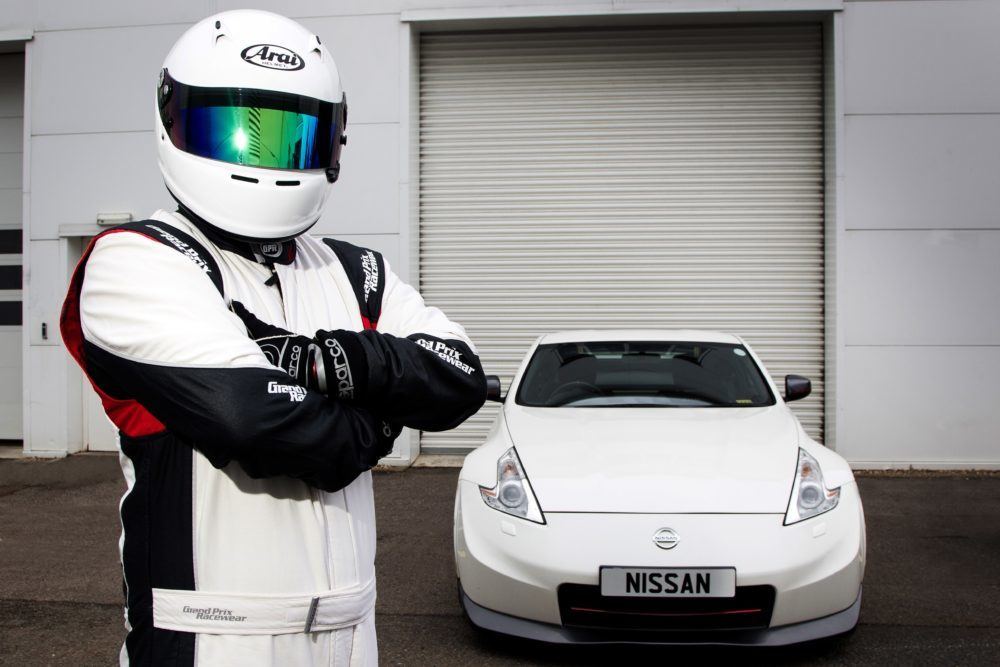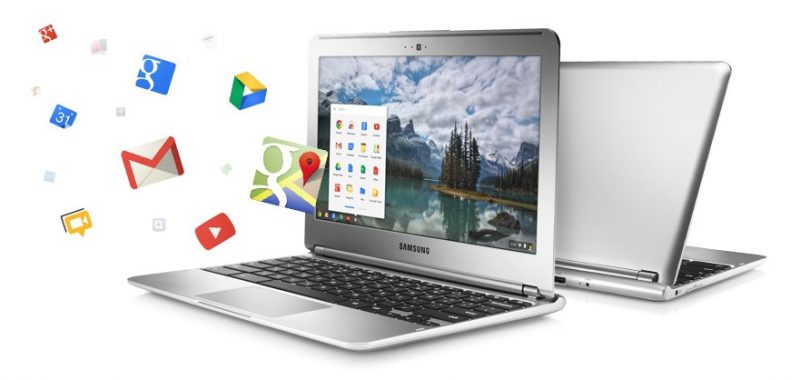
“Once you get into a dynamic environment, you have to be able to update. People need to embrace change. They need to get over that fear of change doesn’t work.”
— Greg Kroah-Hartman, Linux kernel maintenance
Change is coming. It’s a popular phrase lately in the Philippines when Donald Trump-like candidate Rodrigo Duterte won the presidency. The man is known as the Dirty Harry of the South. He has a reputation of being a frugal, harsh, no-nonsense politician who mostly does what he says. He’s tough on crime and allegedly has death squads roaming the streets of Davao City which he ruled as mayor for several terms. Such a reputation is what skyrocketed him to the presidency as the Philippines is sick of too much bureaucracy, corruption and ineptness in government. The country, however, is divided between those who want change and those who would rather keep the unlimited freedom which apparently keeps the country’s progress at bay. Like a country giving itself to HYDRA because of too much chaos due to lawlessness and corruption.
The technology industry is also at a crossroads and is already undergoing so much change with some sectors still kicking and screaming trying to hold on to the technologies they’re familiar with. For example, the slow, ongoing demise of the Windows operating system. Since Windows 3.0 was released in 1990, the world embraced a new, easier, more attractive method of computing. It was Windows all the way for many homes and businesses up until the early 2000s. The Intel-led x86 architecture also prevailed along with the operating system. But Microsoft has made mistakes along the way beginning with Windows Me then Windows Vista and then Windows 8 which sown the seeds of dissent in the industry. People gradually moved to other operating systems and platforms like MacOS X and Linux. The rise of iOS, Android, ARM and cloud computing only served to make matters worse. Users heavily invested in the Windows-Intel platform are anxious that the Windows PC will no longer be dominant at home as well as in business. Even Windows users refuse to submit to change. Many Windows 8.1 and Windows 7 users refuse the free upgrade to Windows 10 Microsoft is offering.
Chromebooks Take Over
Windows-powered laptops, as well as Mac notebooks, may have already lost their dominance to Google’s Chromebooks in the US. Google Chromebooks are inexpensive, web-dependent laptops powered by Google’s Chrome operating system. It’s popular among students because it suits their needs for research and creating simple content for their studies. As fast wireless internet quickly blankets the United States, the Chromebook’s dependence on the web is no longer much of a problem. Google’s dominance in the PC industry will be further cemented once their plan to allow Android apps to run on Chromebooks takes off, which it surely will. The app-starved platform can only get more popular once Microsoft Office for Android runs on it.
Linux Gets Ready to Pounce
Android and Chrome OS are derived from Linux, and soon, Linux just got more powerful, poised to bite more into the PC industry with the release of Linux 4.6. Unlike previous updates, Linux 4.6 has plenty of improvements which should make its various distros like Ubuntu, Red Hat, Debian and Mint more appealing to computer users, especially when it comes to security.
Here are the following improvements to the Linux kernel:
- better kernel security through write-only protection for data structures and separate Extensible Firmware Interface (EFI) pages during firmware code execution
- support for more ARM SOCs
- better 64-bit ARM support
- support for high-end computing file system OrangeFS
- support for Synaptics RMI4 protocol for better touchscreen and touchpad control
- better support for other human-interface devices including game controllers
- full USB 3.1 support
- better Dell and Alienware laptop support
- better Intel Skylake chip support
All that’s left is a real appealing Windows-like distro for the masses with hardly any command-line fiddling. Wait, Chrome OS has that covered. And lastly robust open-source programs comparable to most Windows-based applications.
Intel Backs Off, Microsoft Grows Up
Another blow to the PC industry is Intel dropping the Atom processor to focus on other things such as competing in the growing cloud computing industry. This means a drop in cheaper laptops, tablets and smartphones. Intel cut 12000 jobs to do this and shifted many personnel to cloud computing projects. Microsoft itself under the guidance of CEO Satya Nadella is working to becoming platform independent doing projects for iOS, Android and Linux. Windows 10 now has a bash, Office is now on iOS and Android Linux servers run on Azure and SQL Server will be on Linux.
Other changes that will drive Windows computing and the PC industry to the ground include the growth of cloud service platforms (SAAS, PAAS, IAAS), enterprise software shifts such as the growing popularity of SalesForce and SAP on iOS.
Windows computing won’t be leaving anytime soon but in due time, it will soon be a just another slice of the pie. We’ll be back in the 70s with many competing chipsets and operating systems doing the same thing, entertaining homes and boosting business.


